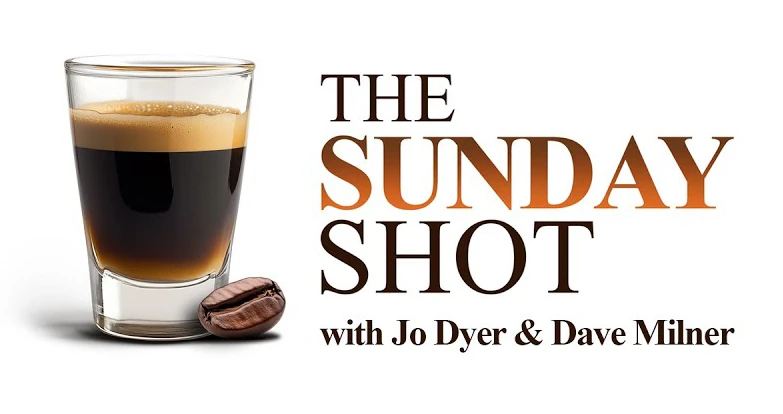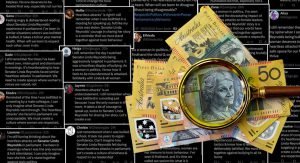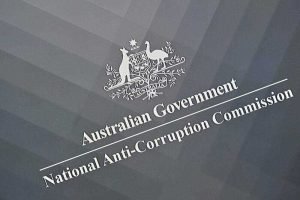The Shot
Australia, this ‘Autism Awareness Month’ be ‘aware’ that your attitudes towards us are literally killing us
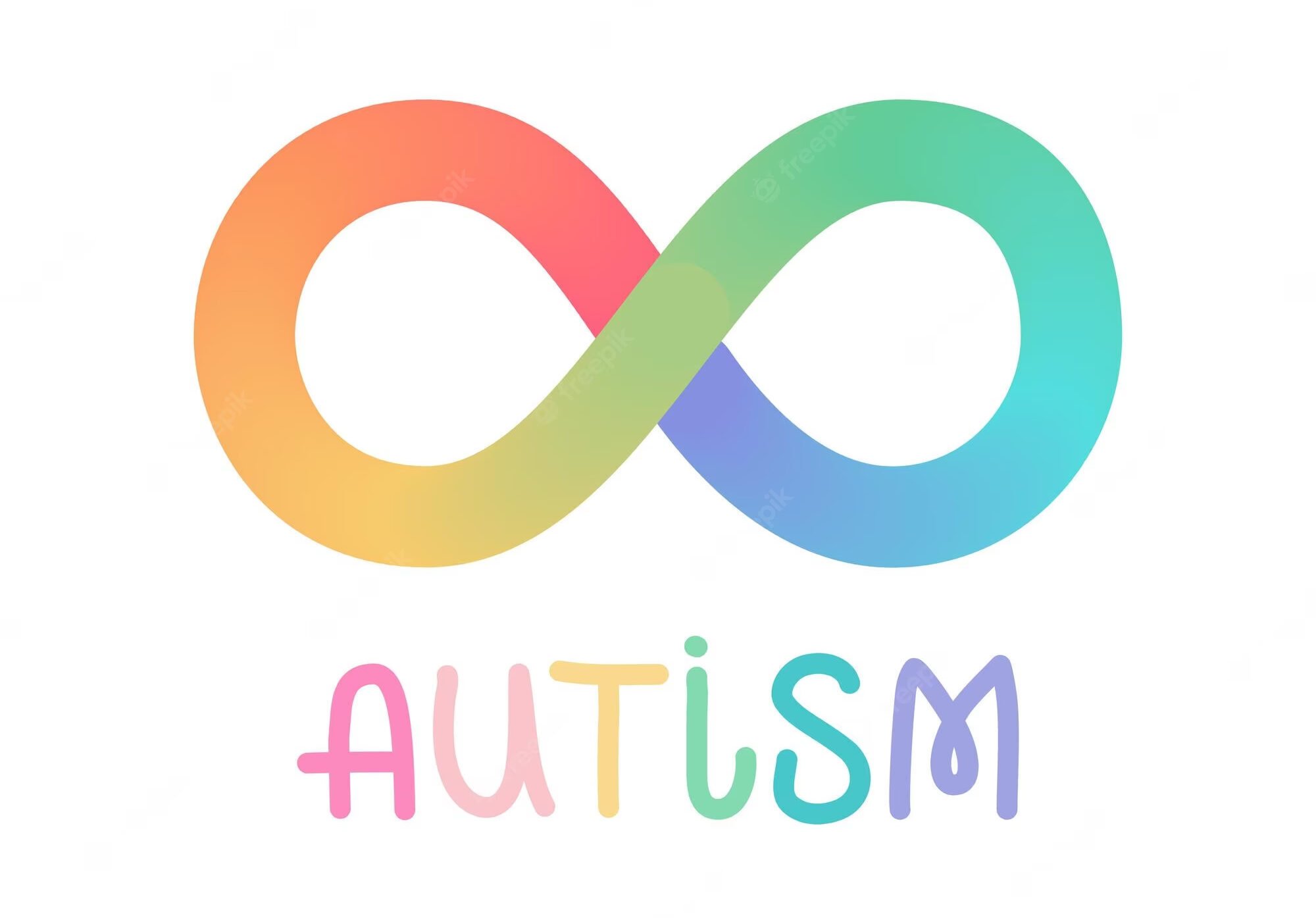
April is ‘Autism Awareness Month’, a controversial month for autistic people, mainly because the group who fronts it, Autism Speaks, has been linked to direct attacks on the autistic community through inhumane acts like eugenics and Sia’s unwatchable mess of a movie (which was also super ableist). Autism Speaks uses the month as a way to sell their puzzle merch and ask people to wear blue as a weird pseudo-statement against women with autism by wearing the ‘boy colour’ to perpetuate the myth that autism only affects boys, showing how autistic people are infantilized so much by ableists that even the sexist misinformation is childish.
All that aside, as an autistic person myself, I want to use this occasion as a way to highlight just how bad things truly are here for autistic people.
Being autistic is like being a square peg in a society where most pegs are round. There is nothing wrong with being square or round, but since society is dominated by round pegs it was decided that all pegs must fit through a round hole and fit through perfectly, instead of just making the hole accommodate us all. So we are left with a choice: not trying to fit in or trying to shrink down small enough to get through the hole hoping no one notices the gaps. Two choices that make us feel unnecessarily embarrassed and ashamed for just being us.
And despite what mums groups or TikTok influencers may say, not everyone is ‘a bit autistic’. That’s not how it works. Sure there are conversations people don’t like or sounds that irritate everyone, but unless that sends you into terrifying shutdowns, meltdowns and/or non-verbal periods, you simply do not know what we are going through because we process sensory inputs differently – so physically the reactions we are having are different. Saying ‘everyone is autistic’ just diminishes our experiences and our needs. Trust me, if everyone was a bit autistic, lights wouldn’t make that humming noise.
Ableism (both direct and indirect) is extremely normalised in Australia. A prime example of this has been the disgusting attacks against unapologetically neurodivergent queen Em Rusciano recently.
A few months ago, Rusciano said she was excited to hear that Melbourne’s Marvel Stadium had set up a sensory room and that she might use it. The response to this small statement of an autistic person saying she might need to use an accessibility option led to the Daily Mail presenting it as if it with a mocking tone implying that she is weak leading to many extremely ableist comments (that I will not be reposting because fuck those comments).
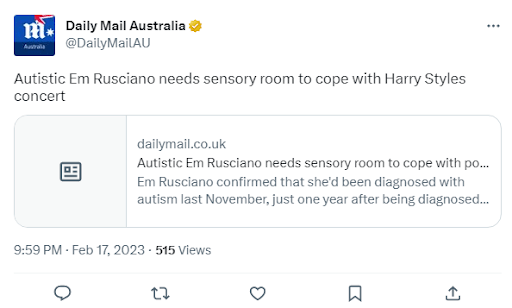
This was then followed by vile accusations of ‘faking’ her autism because from the outside she didn’t fit Meshel Laurie’s preconceived notions of what autism ‘is’, claims which were again amplified by tabloids.
Well, guess what? If you agree with any of those claims about Rusciano or any other autistic person, you can get fucked. Simple as that. Autism is a spectrum, and you’re an ableist arsehole.
For many autistic people, what Rusciano faced is a literal nightmare; not only did we see ourselves in her, we saw the treatment and stigmatisation many of us see on a day-to-day basis amplified by tabloids. We also didn’t see many ‘allies’ calling out this dehumanising attempt to undermine the experiences and needs of her and all the other autistic people who relate to her (especially autistic women), something that we can also relate to on a smaller scale with our day-to-day experiences.
Two years ago, I started writing about autistic representation when the exact opposite happened, when the media banded together to stand up to defend Sia and slam the autistic community. Devastatingly, while the fiction output has certainly changed for the better, with Heartbreak High making me tear up in a good way, the pain caused by the media’s acceptance of ableism is still the same.
There are real consequences to these attitudes. In Australia, autistic people are 5-9 times more likely to commit suicide than the general population. There is nothing about autism that drives these people to suicide. It isn’t a death sentence. But the way society treats us can be.
In fact, our suicide rate is so high that it knocked cancer off the top spot for cause of death amongst autistic Aussies. It’s so common among young autistic people that our average life expectancy is much lower than the general population’s, sitting at around 35 years old.
Yep, that’s right, just thirty fucking five.
So, if you’re older than 35, congratulations! You have already outlived my life expectancy as well as the life expectancy of other young autistic people. How does that make you feel? I sure know how it makes me feel writing this.
If we make it to ‘middle aged’ we are considered ‘the lucky ones’ who ‘defied the odds’ because we were simply able to survive despite the way non-autistic people see us. Do you think that’s ok for autistic people like me?
Fuck puzzle pieces, fuck awareness. It’s not lack of awareness that’s hurting us, it’s the lack of acceptance. We need acceptance of who we are. We need acceptance that there is nothing wrong with us. We need acceptance in society. In a land of ‘fair goes’, why do I deserve to live half as long as my peers?
Autistic Aussies feel unwelcome, unsafe and alone. Two thirds of autistic adults say they feel socially isolated. 87% of autistic people suffer from a mental illness. 80% of autistic women experience sexual harassment, 60% are victims of sexual violence. We put a lot of attention on the mental health crisis brought on by lockdown, where is that same concern for us?
Non-autistic Australians, we need your help. Where are you? You’re meant to be the ones who are better at reading how people are feeling, how are you not seeing the pain that your treatment of us is causing?
We are constantly pushed aside and treated as lesser by a country that doesn’t seem to care about us to the extent that an autism diagnosis is grounds for work visas to be rejected or, in cases where an immigrant worker’s child is diagnosed, their whole family getting deported.
Non-autists, I know we may not all see eye-to-eye much, both metaphorically and literally since a lot of us struggle with eye contact, please keep reading and listening.
Someone who seems to know that we need acceptance is NDIS Minister Bill Shorten. Well, his PR team does anyway. They posted a video of autistic icon Chloe Hayden talking about the need for acceptance, but instead of listening to her message, less than a week prior Shorten himself was telling a very different story on Sky After Dark. Shorten announced that there is already a review into kicking autistic people (mainly kids) off the NDIS, going so far as to ridiculously claim that “there is an issue that the diagnosis is following the money”, something extremely disgusting to say which he admitted he has no actual evidence of.
Anyone who has undergone an official diagnosis for autism knows it is a lengthy and expensive process; anyone who has tried to get NDIS knows it is a long difficult process and will also know what Shorten suggested isn’t even how the NDIS works! The NDIS is a rebate on treatment and necessities, not a cash handout. It’s for helping autistic people fit in and thrive in society. Shorten knows this but is lying to cover the fact he’s about to make things worse.
As someone who was bullied relentlessly growing up, to the point I was hospitalised three times due to injuries I received, once from a kid with a weapon; as someone who has been called more ableist slurs than I can count; as someone who was told by a vice principle that if I was “more normal” people wouldn’t bully me; as someone who has never felt like they fit in, the status quo is fucked. But also, as someone who has worked in schools and childcare centres with autistic students getting support, things were different for them, but what will happen when their assistance goes away? How much higher will our suicide rate get than the mindblowing level it already is?
However, there is hope. During a recent #ActuallyAustistic panel (that I highly recommend people watch), another badass magic-brained voice, Grace Tame, said one of the best bits about being autistic is the community, which I absolutely agree with. The autistic community truly comes together to help each other out and the bonds we make are something special. But I also think this community is where the change we desperately need can stem from.
Whether it’s Chloe Hayden, Grace Tame, Em Rusciano, or other incredible people I haven’t mentioned yet like Dr Jac Den Houting and Dr Amy Thunig, or groups like Amaze Autism, there are a lot of wonderful inspirational voices and groups you can listen to and support locally. We’ve seen all the good that doesn’t get done when you all advocate for us; let us advocate for ourselves.
Please look for blindspots in your life too, it’s estimated that 2.5% of aussies are autistic so if you don’t know autistic people, what does that say about you? A crushing 31% of autistic people are unemployed and looking for work, so if your work has 40 or more employees and none are autistic, what does that say about your workplace? And don’t give me that ‘our work is too tough’ bullshit, there are no excuses.
To put it plainly, if we don’t step up as a nation to help autistic people, we are basically saying we are ok with autistic people being driven to suicide because right now, that is the reality we live in. Let’s work together to give autistic kids the best chance possible to not just become another premature death statistic, instead helping them live a full life of being loved and accepted, getting to grow up like the rest of their generation.
We have strong, amazingly autistic voices being the change we need to see, let’s all get on board. Australia we are not here to fuck spiders, this is literally life or death.
(The statistics used this article were taken from Amaze Autism’s submission to the NDES and the Dr Jac Den Houting’s speech at the #ActuallyAutistic panel).

